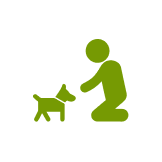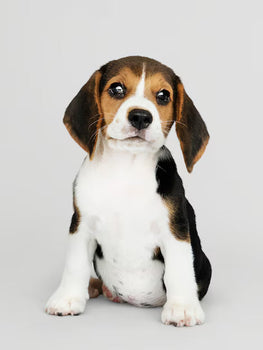In 24 cities
Cat Digestion 101: What Their Poop & Picky Habits Say About Their Diet
|
|
Time to read 1 min
Get product availability and delivery timelines based on your location.
No saved addresses found
Add an address to see it hereAre you sure you want to delete this address?
100% Authentic

Easy return policy

Help us ensure a smooth delivery
Help us ensure a smooth delivery
SIZE GUIDE
Written by: Dr. Shantanu Kalambi
|
|
Time to read 1 min
Your cat's digestive health affects everything from energy to behavior. Learn the signs of a diet mismatch and how to improve gut function naturally.
Cats are known for their subtle signals. When something’s off in their digestion—like loose stools, hairballs, or sudden pickiness—it’s often a quiet clue their gut needs attention. And in cats, gut discomfort often starts with food.
Sign |
What It Might Indicate |
Dietary Suggestions |
Hairballs |
Often tied to digestion speed and fur ingestion |
Add fiber or switch to hairball-control food |
Soft or Inconsistent Stool |
May reflect sensitivity to certain proteins or grain fillers |
Try single-protein, grain-free diets |
Picky Eating |
A red flag for gut discomfort or boredom with repetitive meals |
Rotate textures (gravy/dry), flavors, and include toppers |
Vomiting After Meals |
Can be caused by food intolerance or fast eating |
Use slow-feeders and trial limited-ingredient diets |
A healthy digestive system shows through consistent poop, a strong appetite, minimal hairballs, and high energy. If these are off, food is the first place to investigate.
Even subtle shifts in your cat’s behavior or litter box habits can point to gut health concerns. Paying attention early—and feeding a diet that supports digestion—can prevent bigger health issues later.



In 24 cities

Happy pet parents

For every new member

Exclusive
2 item in cart
₹10,360


